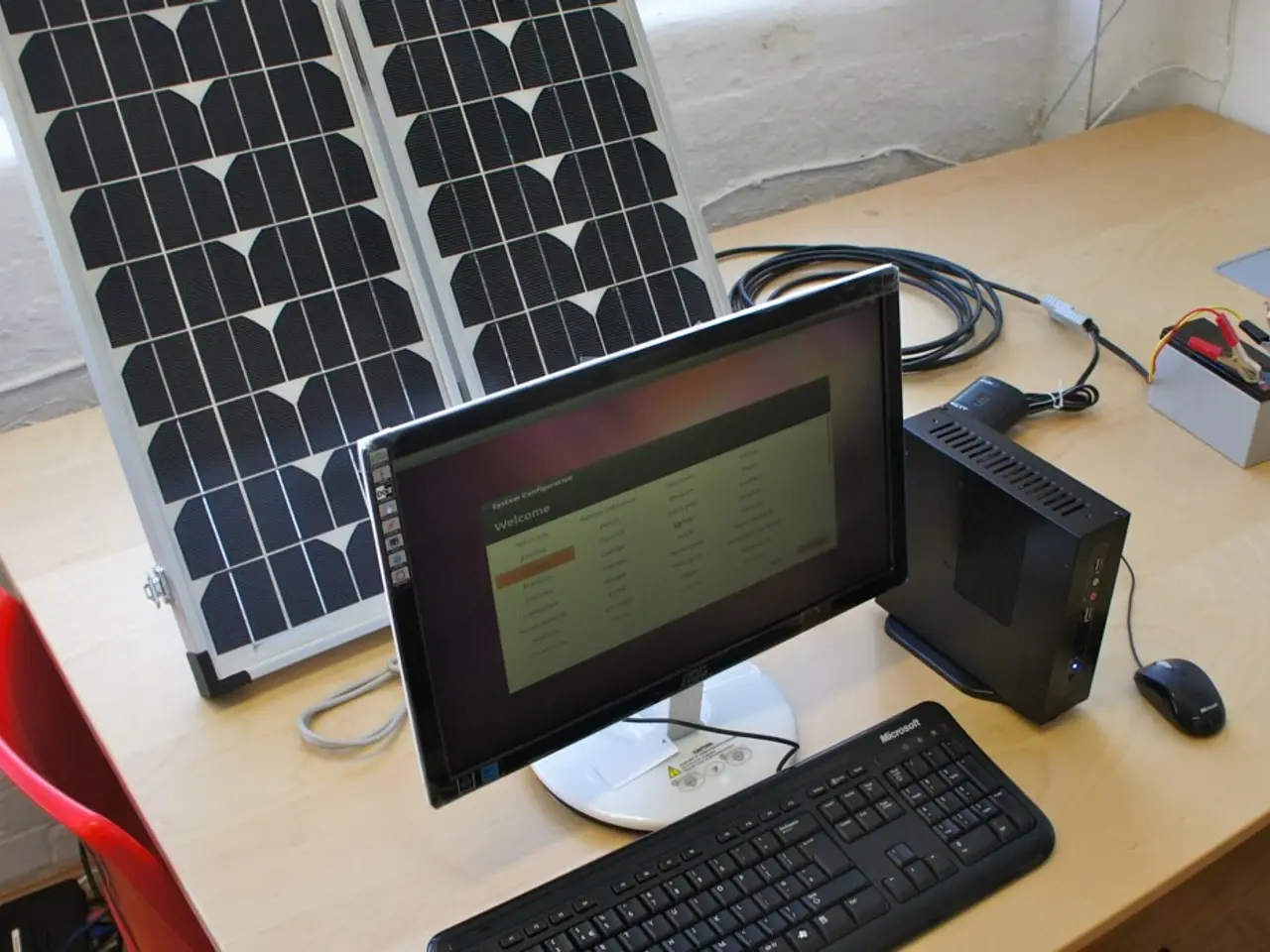Investigation
Xiaomi, the leading Chinese tech company, has been making waves in the automotive industry with its electric vehicle (EV) models. The company's first EV, the SU7 Ultra, was spotted at the Ferrari factory, hinting at collaborations or technological exchanges in the future.
The SU7 Ultra started deliveries on April 3, 2024, and the demand has been strong. Xiaomi reached its first 100,000-unit delivery milestone for the SU7 by November 18, 2024. However, the YU7, another EV model from Xiaomi, experienced explosive demand, with 240,000 orders locked in within 18 hours. This created significant production challenges, resulting in wait times extending to about a year or more for new orders as of mid-2025.
To address this, Xiaomi completed the construction of its phase 2 factory around mid-June 2025 and has been conducting large-scale hiring and preparing for mass production anticipated to start in July or August 2025. Xiaomi also acquired an additional lot for a possible phase 3 expansion of the EV plant, indicating plans for further capacity increases beyond the currently operational facilities.
The new land spans 485,100 square meters and will house Xiaomi Auto's third-phase production facility, with a planned annual capacity of 450,000 vehicles. Once both the first and second-phase factories are fully operational, Xiaomi's total production capacity at the Beijing base is expected to reach 350,000 vehicles per year.
In July 2025, Xiaomi delivered more than 30,000 vehicles, setting a new monthly high. This represents a month-on-month increase of approximately 20% compared to June 2025, when Xiaomi delivered over 25,000 units.
Xiaomi has also been expanding its retail presence. The company opened 18 new stores in July 2025, bringing its total to 352 stores across 97 cities in China. As of July 31, Xiaomi operates 181 service centres in 106 cities.
Independent testing revealed that the Xiaomi YU7 Max achieved 101.2% of its rated horsepower. Hyundai reportedly benchmarked the Xiaomi SU7 at its R&D centers in Korea, suggesting that the company is keeping a close eye on Xiaomi's EV advancements.
New locations for the August openings are expected in towns such as Baotou and Longyan. With these expansions, Xiaomi is aggressively scaling up to convert a massive backlog of orders into deliveries despite ongoing challenges.
[1] TechCrunch. (2025, June 15). Xiaomi's YU7 SUV production to ramp up with phase 2 factory opening. Retrieved from https://techcrunch.com/2025/06/15/xiaomis-yu7-suv-production-to-ramp-up-with-phase-2-factory-opening/
[2] Reuters. (2025, June 20). Xiaomi secures new land for EV plant expansion in Beijing. Retrieved from https://www.reuters.com/business/autos-and-transportation/xiaomi-secures-new-land-ev-plant-expansion-beijing-2025-06-20/
[3] Bloomberg. (2025, July 15). Xiaomi to boost EV production as it targets 350,000 units for 2025. Retrieved from https://www.bloomberg.com/news/articles/2025-07-15/xiaomi-to-boost-ev-production-as-it-targets-350-000-units-for-2025
[4] CNBC. (2025, August 1). Xiaomi's YU7 SUV faces production bottlenecks and long wait times for new orders. Retrieved from https://www.cnbc.com/2025/08/01/xiaomis-yu7-suv-faces-production-bottlenecks-and-long-wait-times-for-new-orders.html
- Xiaomi's success in the automotive industry, demonstrated by the strong demand for its SU7 Ultra and YU7 EV models, could potentially attract collaborations with renowned companies like Ferrari in the transportation and finance sectors, as well as partnerships with leading technology companies to enhance its vehicle production efficiency.
- As Xiaomi continues to expand its EV plant in Beijing, it is also simultaneously expanding its retail presence, opening new stores and service centers across China, and partnering with technology companies to ensure the technological advancement of its vehicles, thereby establishing its position in the competitive automotive and technology industries.




